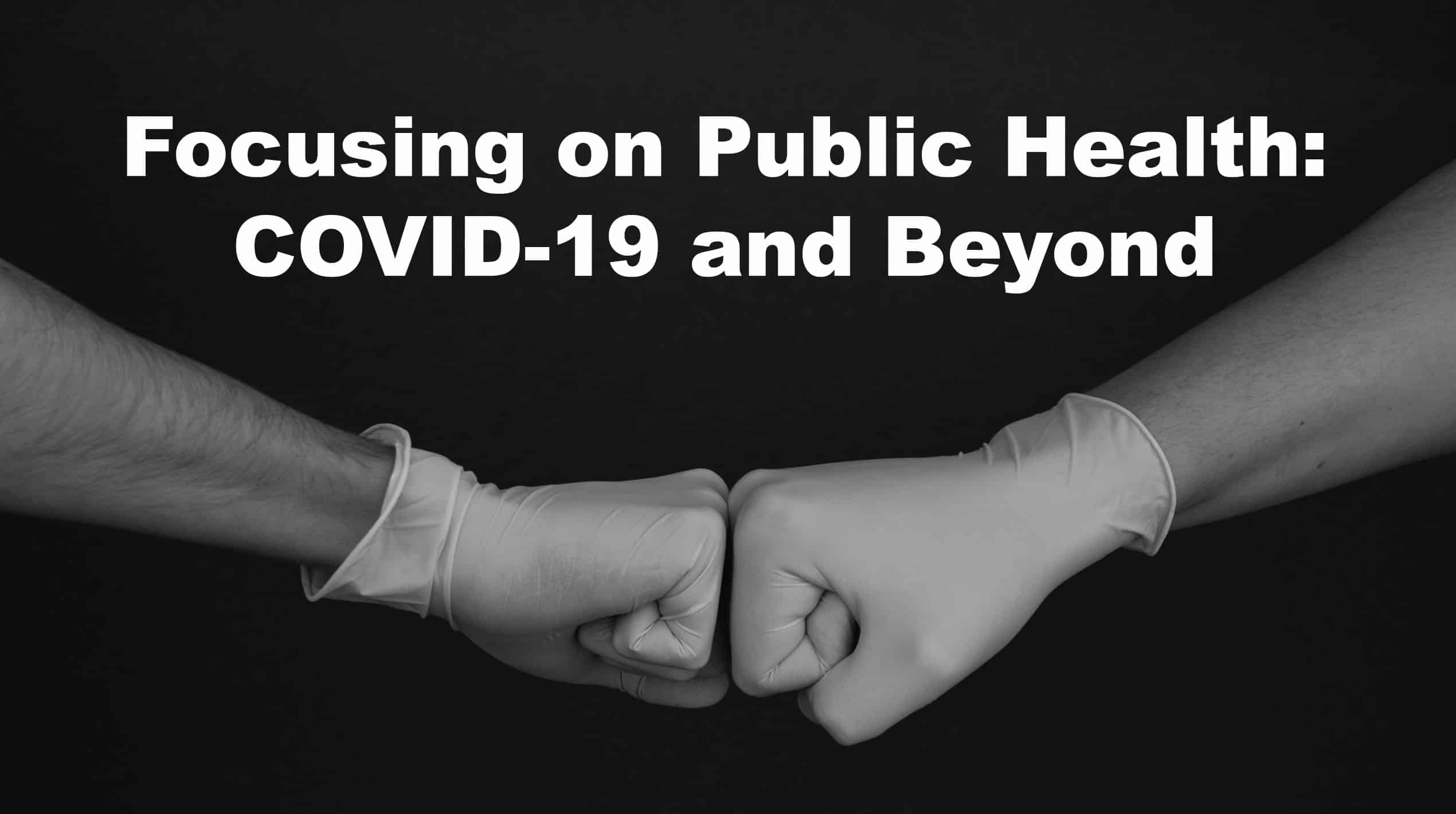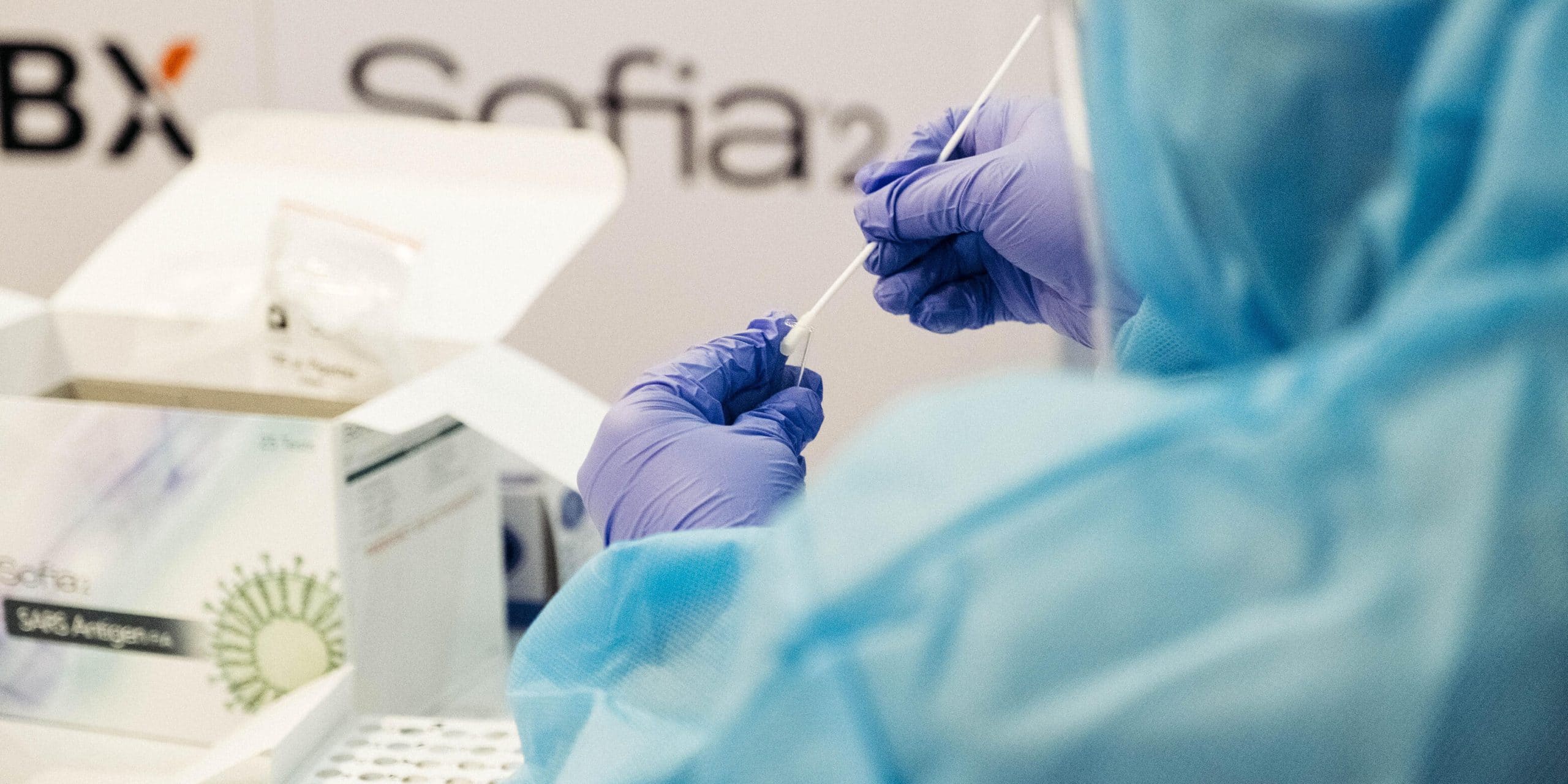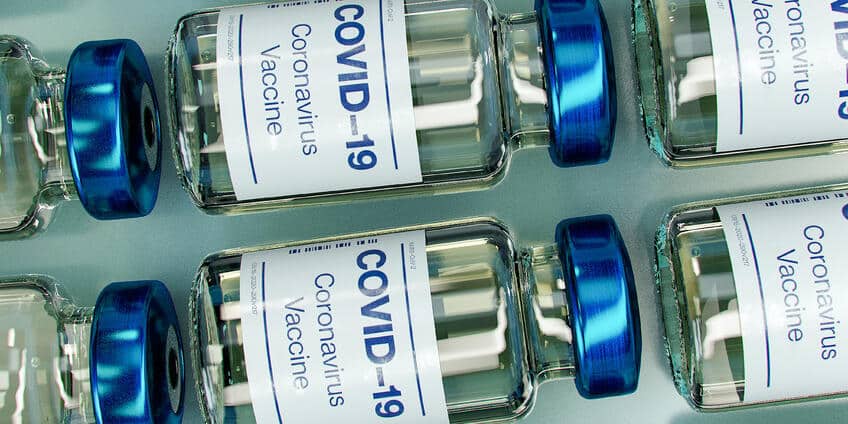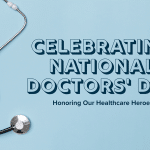Focusing on Public Health: COVID-19 and Beyond
- 8 April 2021
- Blog
eClinicalWorks

Closures meant fewer screenings — and more challenges ahead
Even in a field as busy as healthcare, it’s OK to call a timeout. Indeed, following a year shaped by the demands and uncertainties of a global pandemic, it is critical that healthcare workers take time to pause, reflect on their work, and assess the best path forward.
This week offers two opportunities to do that.
April 5-11 marks National Public Health Week (NPHW) in the U.S., and April 7 is observed as World Health Day around the globe. NPHW’s theme this year is “Building Bridges to Health,” a recognition of the need to overcome the physical separations made necessary by the pandemic. And the World Health Organization’s (WHO) theme for this year’s April 7 observance is building a fairer and healthier world for everyone.
Both organizations are offering events and conferences that focus on the role of equity and justice in healthcare and ways that healthcare workers and organizations can reduce inequity.
The impacts of postponing routine care

As important as those points are, public health awareness this spring must also take a hard look at the health impacts of having so many millions of people defer visits, screenings, and treatments during the past year.
While more than 2.8 million people worldwide have died from the novel coronavirus, authorities have a harder time assessing how many individuals might die — or suffer from worse health — as a result of either choosing not to seek care or being unable to obtain care because of lockdowns, closures, and travel restrictions.
According to a September 2, 2020, report in the International Journal of Radiation Oncology, Biology, Physics, “prolonged slowdowns in screening, cancer care, clinical trials, and research will lead to excess cancer mortality over the coming decade.”
And an August 1, 2020, Lancet Oncology study estimated that between 3,300 and 3,600 avoidable deaths can be expected as a direct result of delays in cancer diagnoses in the U.K. caused by the pandemic.
Vaccines, routine screenings go hand in hand

Recovering from the coronavirus pandemic means making progress on multiple fronts. Many nations are ramping up the production and distribution of COVID-19 vaccines. In many places, however, vaccination rates remain far below levels that experts believe are necessary before societies can fully reopen.
Providers simply cannot wait for “victory” over coronavirus. They must continue to provide all the routine healthcare services that are so essential to long-term health. After all, cancer, heart disease, diabetes, and other chronic illnesses will claim far more lives this year — and every year — than are lost to COVID-19.
That’s why it’s critical for practices of all kinds to do all they can to remain open and available to their patients — in person, via telehealth, or through a hybrid approach. And that’s why eClinicalWorks® and healow® are grateful to enjoy the confidence of the more than 130,000 providers who trust us each day to help them serve their patients.
Training, confidence, and deeper understanding
Beyond any specific product or service, our goal remains what it has always been: To improve healthcare together with our customers. We do that by building providers’ confidence in the use of healthcare IT tools through training, webinars, courses, and support calls. We help them strengthen Patient Engagement. And we help them deepen their understanding of emerging trends in healthcare.
A little over a year ago, few could have predicted how profoundly the world would change. Taking time this week to reflect upon how we can best prepare for more change may be just the right prescription to help ensure we are ready to meet the next global public health crisis.








